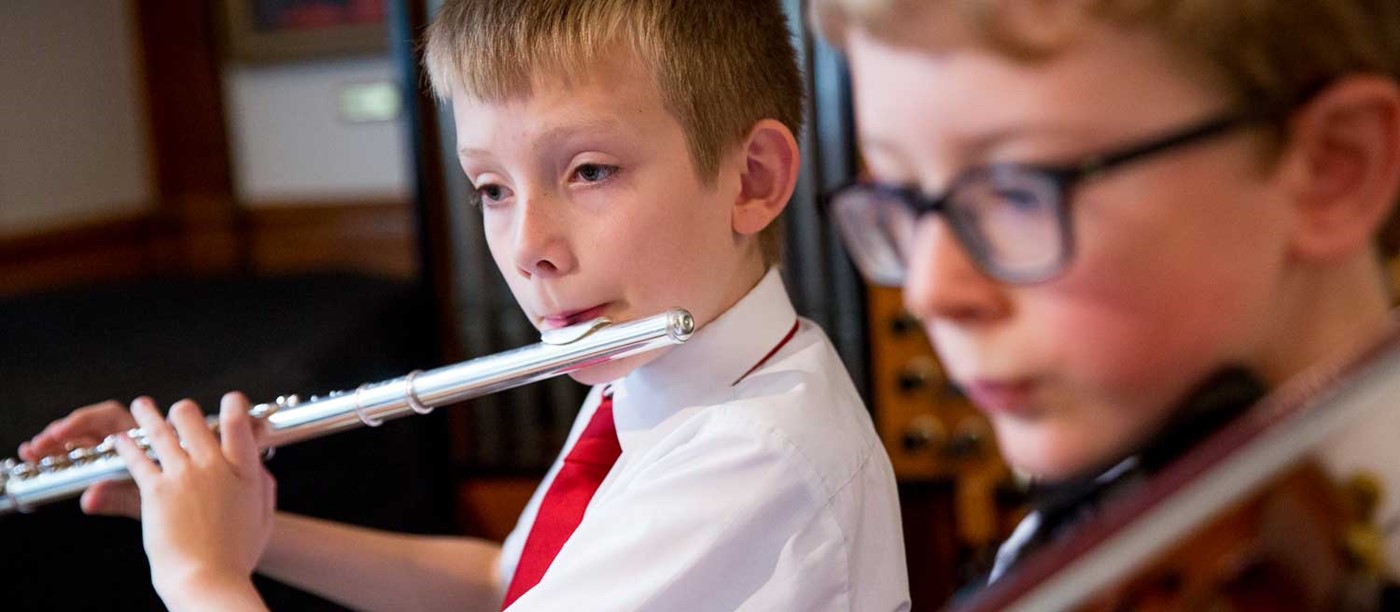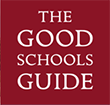Curriculum

Music

Music plays a hugely significant part in the everyday life of a chorister. Above all, the role of the school music department is to enable every pupil to understand, enjoy and take full advantage of the opportunities presented to them at the highest level. The music curriculum in the school complements the daily training of the boys as choristers in the Abbey Choir. Great care is taken to integrate the two aspects to create an unrivalled all-round musical education.
The aims of the music curriculum are:
- to foster enjoyment and appreciation of music
- to develop powers of self-expression
- to help develop excellence in instrumental playing
- to develop skills of teamwork and ensemble performance
- to develop skills of listening and interpretation
- to develop the technical and creative tools for individual composition
- to increase awareness of the history of Western classical music and begin to explore that of other cultures and traditions
- to develop, understand and use a musical vocabulary
- to develop opinions about music as an art which can be communicated through performance, analysis and argument
The music curriculum in the lower years ensures that pupils’ rapid progress through regular exposure to repertoire and performance is matched with a secure foundation in theory, in particular fluency with notation. As pupils move through the school, this understanding is built on to give pupils the knowledge needed to sit ABRSM Grade 5 theory (usually taken in Year 6 or 7). Higher up in the school, pupils explore more advanced topics in harmony, counterpoint and analysis, completing regular listening tasks to broaden their experience and to ensure that they are well prepared for any music scholarship auditions and interviews.
Creative work and composition are important elements of the curriculum; pupils develop their theoretical understanding through practical exploration of sound, rhythm and melody, developing the ability to express their own ideas as their musical sensibilities mature. Individual composition lessons are given to pupils showing particular enthusiasm in this area. Recent years have seen several winners and commendations in the Choir Schools’ Association Composition Competition, one of many external competitions pupils have worked on. Music technology also features in this creative work: pupils are given an introduction to composition and sequencing software, as well as basic recording techniques.
A broad education in music history and a wide variety of repertoire runs through all five years of the curriculum, giving pupils a detailed awareness of important developments in music and key works and composers. Through listening, performance and analysis, pupils gain an overview of Western classical music, as well as exploring music from other cultures and genres. This is complemented by their practical experience, both as choristers in the Abbey choir and as instrumentalists learning and performing solo and ensemble music. Pupils leave the school with a vast experience of music in its many forms, a rigorous and fluent academic understanding of its various aspects, and with the foundations needed to develop as fully rounded musicians in their own right.









